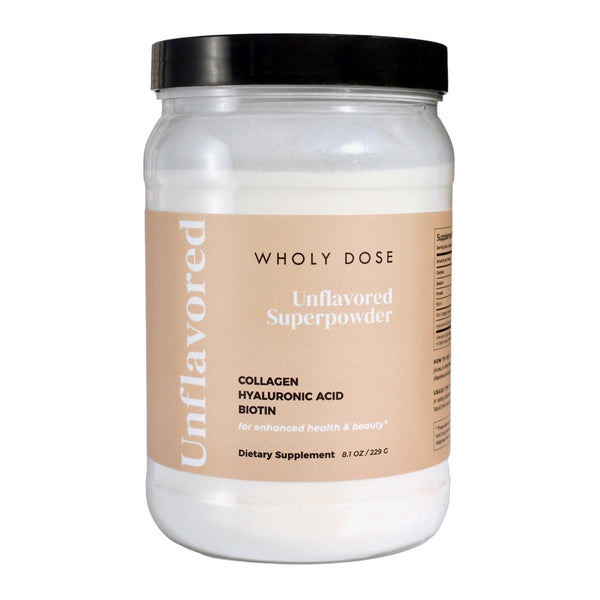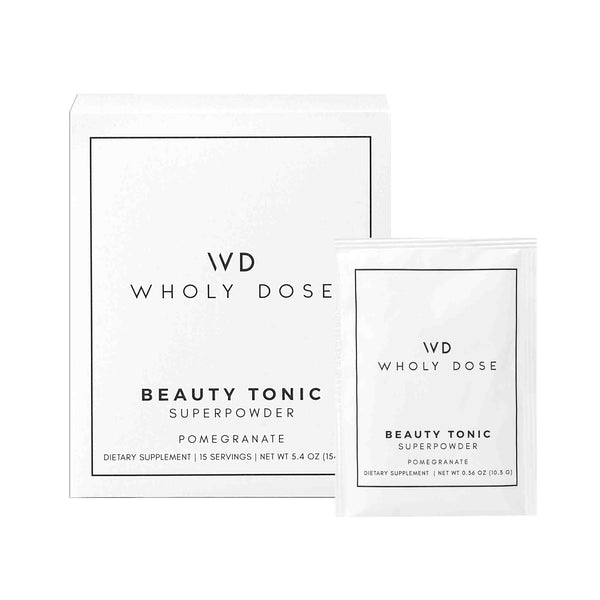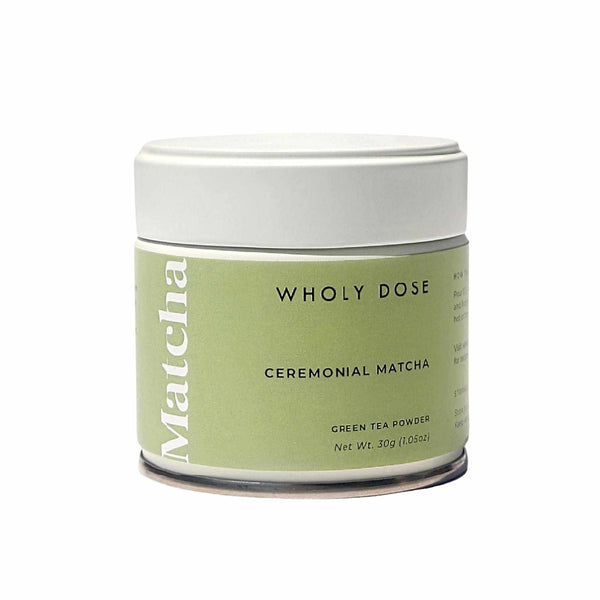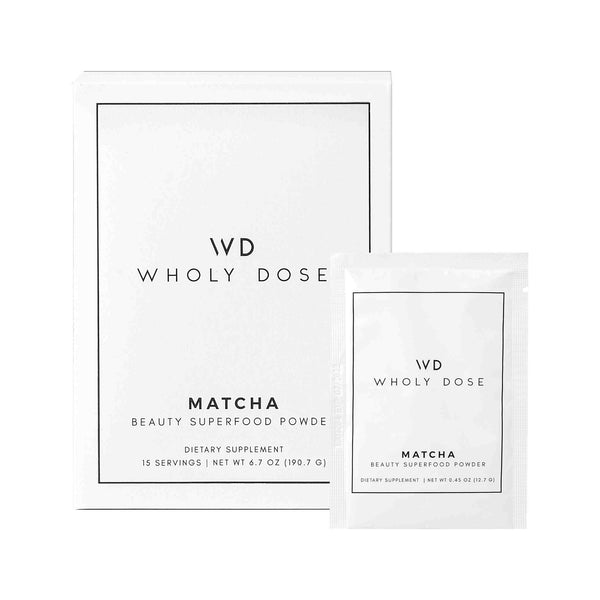
Top Benefits of Matcha
The matcha craze is one that has skyrocketed in recent years and is proving to continue. You’ve likely heard of or have seen it in various products such as lattes, drinks, or desserts. But, what exactly is matcha? What are the benefits of drinking matcha? Should you swap coffee for matcha?
What is Matcha?
Matcha is a type of green tea made from young tea leaves that are grounded into a fine velvety powder. Like green tea, matcha comes from the Camellia sinensis plant. However, matcha is grown differently and has more nutritional value than traditional green tea.
Matcha plants are covered in shade before being harvested. The shade increases chlorophyll levels (which gives it its vibrant green color and enhances the number of nutrients) and L-Theanine (an amino acid responsible for promoting relaxation). The stems, twigs, and other unneeded parts are then removed and the leaves are grounded into a fine powder. Matcha contains powerful antioxidants called polyphenols (particularly catechins) which have been tied to fighting free radicals and hold a number of health and beauty benefits.
What Does Matcha Taste Like?
Matcha tastes like green tea, but is much more fuller in flavor. There are various grades of matcha, ranging from low-quality to premium-quality. Low-quality matcha is bitter and has a yellow-green hue, while high-quality matcha has a sweet herbal taste that is fully embodied in flavor and has a vibrant green hue.
Is Matcha the Same as Green Tea?
Although matcha and green tea come from the same leaf, they’re quite different in terms of nutrients. Matcha is made of the entire leaf, while green tea is essentially steeped leaves. Because matcha is made of the entire leaf, it contains much more nutrients and antioxidants than traditional green tea. In fact, studies indicate that matcha contains 137 times more antioxidants compared to normal green tea.
Benefits of Matcha
1. Detoxifying
Because matcha is grown in the shade, it is packed with chlorophyll, a molecule with powerful detoxifying properties. Matcha’s ability to naturally detoxify the body includes the capability to remove toxins and heavy metals from the body.
2. Boosts Metabolism and Aids With Weight Loss
Turns out, matcha can help you lose weight by boosting your metabolism and utilizing fat for energy through its high levels of antioxidants (particularly, catechins). It helps burn calories and fat, especially during exercise. Studies have found that matcha can help reduce body weight and body fat mass through an increase in metabolism. Moreover, a review of 11 studies indicated that matcha can reduce body weight and maintain the weight loss.
3. Increases Energy Levels
Matcha contains a combination of caffeine and an amino acid called L-Theanine. Studies reveal that this specific combination that is found in matcha provides sustained energy (without the jitters, rush, or crash), while increasing alertness and maintaining calmness.
Because matcha offers sustained energy, a number of people have reported switching from coffee to matcha.
4. Improves Cognitive Function and Mood
In addition to increasing energy, matcha helps improve mood and mental clarity. Research shows that it has the ability to improve cognitive performance, mental clarity, and overall mood. Notably, it is the combination of caffeine and L-Theanine that has been proven to improve cognitive performance and mental alertness.
5. Reduce Stress
Matcha contains L-Theanine, an amino acid that produces alpha waves in the brain to stimulate relaxation and calmness, reduce everyday stress, and reduce tension. Furthermore, research shows that matcha has a direct effect on the brain and helps stimulate relaxation and calmness - this, in turn, helps to reduce overall stress and anxiety.
6. Anti-aging
Matcha is a powerhouse of antioxidants (particularly catechins), which have been proven to fight against free radicals and protect the skin from UV damage. Research shows that free radicals can cause damage to the skin and increase the aging process (amongst other things such as cause to sickness). Study also shows that consuming matcha over a period of time can improve skin elasticity and texture.
7. Supports Immune Health
Our bodies are constantly attacked by oxidative stress - damage caused to our cells from having an imbalance of free radicals and antioxidants in the body. Moreover, science shows that oxidative stress can lead to a number of illnesses and diseases. Research shows that matcha can decrease oxidative stress and protect the body against bacterial infections through its abundant antioxidant properties (specifically, catechins) which, in turn, strengthens the immune system.
8. Promotes Better Sleep
Matcha contains L-theanine, which has been found to promote relaxation and better sleep quality by calming brain chemicals and boosting levels of GABA, serotonin, and dopamine. Studies show that lower than normal levels of GABA can lead to anxiety, sleep issues, and even depression. GABA plays a vital role in cognition, the body’s response to stress, and stimulates relaxation through lowering “excitatory” brain chemicals.
9. Helps Lower Cholesterol
A number of studies have found that matcha helps lower LDL cholesterol (bad cholesterol) and total cholesterol. This is due to the high levels of antioxidants (catechins) found in matcha. Additionally, studies show that matcha can also lower high blood pressure and the risk of heart disease.
Side Effects of Matcha
It’s important to consume matcha in moderation and not to go overboard. It contains caffeine, which can stimulate side effects such as a headache, insomnia, or irritability when consumed in excess or for those who are caffeine sensitive. If you have a health condition or are taking medication, always consult your practitioner before use.















